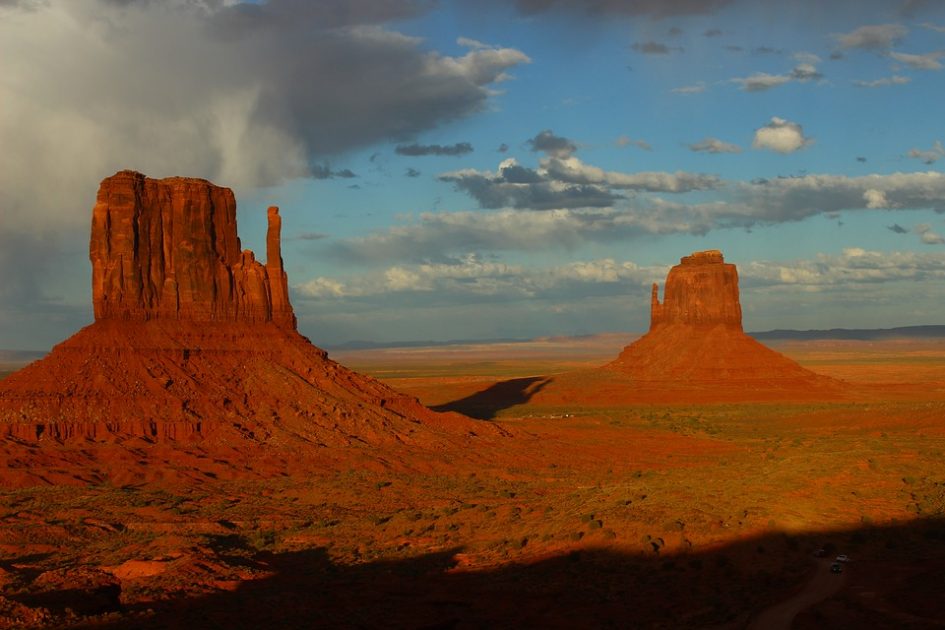
Student Poster Symposium
2nd AESS Student Research Symposium
– April 12th / 12:00-3:00pm ET — 9:00am-12:00pm PT
Submissions are being accepted. Please submit by end of day March 15, 2024. Submission portal will close March 15, 11:59pm EST.
Website and Proposal Submission
We invite you to apply to participate in this virtual, student research symposium hosted by the Association for Environmental Studies and Sciences (AESS) on Friday, April 12, 2024. The purpose of this student focused multidisciplinary event is to provide a forum for students across the globe to present their original research to the broader environmental community – that is, beyond their own university – and facilitate networking for future opportunities in research and practice.
The symposium now in its second year brings together graduate and undergraduate student researchers and faculty mentors from across the country and abroad, by providing a forum to disseminate research and scholarly activities in the form of oral and poster presentations in ALL academic disciplines relating to environmental studies and sciences. This symposium is being hosted by AESS to demonstrate research for the common good in higher education and beyond.
This event will take place in Zoom and will include student poster presentations (3-4 minute “lightning talks”) and several 30-minute professional growth sessions to help participants find and apply for research positions, internships, and jobs in environmental science and studies.
For Presenters
WE ASK THAT YOU
- Make clear the connection between your work and environmental studies or science;
- Clearly state how your work constitutes original research, for example through primary or secondary date collection and analysis or through exploratory work used to develop a research plan; and
- Keep your presentation to no more than 3-4 minutes in length. Each presenter will have a maximum of 4 minutes to present their work followed by a very brief (1-minute) Q&A, after which Q&A can continue via the zoom chat; and
- Include visuals to accompany your talk, which can be in the form of a single slide showing your poster, or several slides illustrating the key points of your talk (see the Symposium site for more details and tips).
VIEW DEMONSTRATIONS FOR LIVE PRESENTATIONS:
- With slides >> view demo
- With poster
Live presentations should:
- Be no more than 3-4 minutes in length (4 minutes is the maximum!)
- Include visuals to accompany the talk, which can be in the form of a single slide showing your poster, or several slides illustrating the key points of your talk (see demonstration videos below for examples)
- Be enabled for screen sharing in Zoom – if you have never used the “share screen” feature, we recommend you practice this in advance to ensure this feature is enabled (it may require a change in your Zoom settings that allow for screen sharing)
** The Symposium presentations will NOT be recorded.
About the Symposium
If you are currently enrolled in or a recent graduate from an undergraduate, Masters, or PhD program we encourage you to apply by submitting an abstract to the link above. Applications will be considered from any field related to environmental studies and sciences including work in the natural sciences, social sciences, engineering or the humanities. All applicants must provide the name of a faculty mentor who will review application materials and final presentation prior to the event.
Cost of participation (as a presenter or attendee):
- FREE for active AESS Members (join today)
-
$25 for non-member students
-
$35 for non-member, non-students
By participating in this event, you will have the opportunity to:
-
Share ideas about key research areas that you would like to pursue with others.
-
Discuss research questions or concerns that you have been unable to address in other forums.
-
Learn from others about their experiences with research project design, development, and publication.
-
Consider issues that are emerging through recent research and scholarship.
-
Meet and network in an intimate and informal setting with other faculty members interested in environmental studies and science research.

